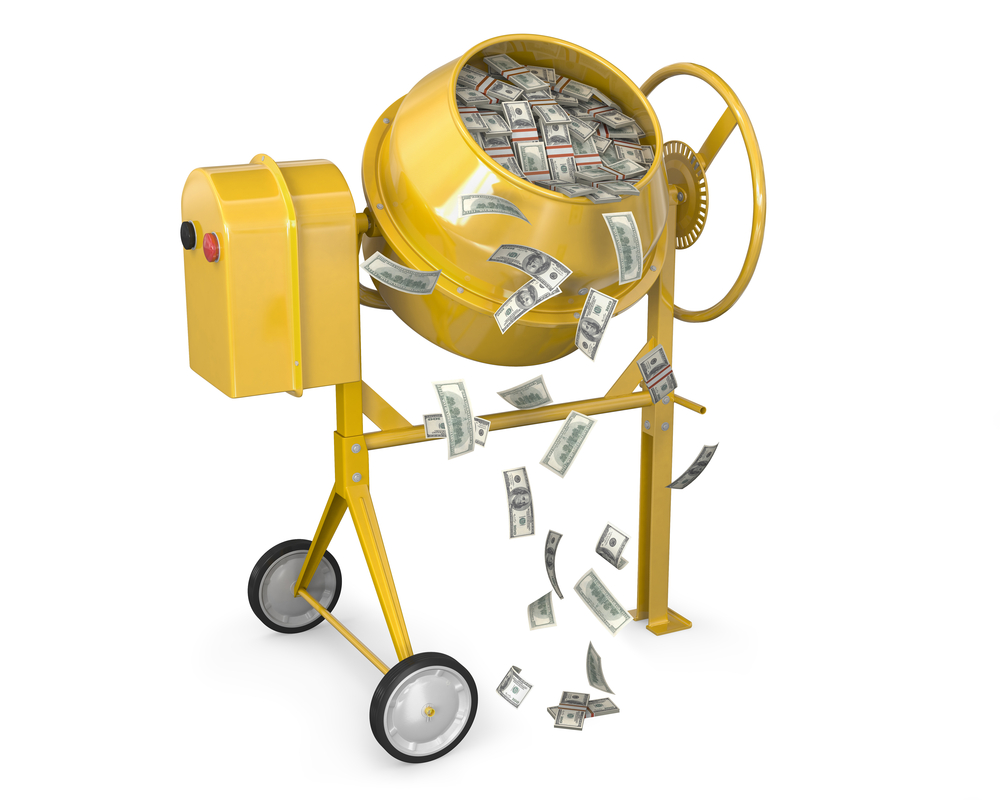The question of whether to rent or buy is not a new one in the construction industry. It also happens to be one of the most important decisions that you will have to make. A lot of what goes into this decision has to do with your company’s size as well as the economy. However, renting will win out most of the time. Consider the following look at the drawbacks of buying construction equipment.
Drawbacks of Buying: The Upfront Cost is Too High
If you have ever priced scissor lifts, loaders, and other construction equipment before, you know how high the cost of buying can get. Like most contractors, you may have to save money for a while before you have enough to purchase heavy equipment. If you need the equipment and simply cannot afford it, one option is to take out a loan. This can mean that you get the equipment that you need, but it also means that you may wind up with high-interest payments that cause you to pay far more than the equipment’s value. Unless it is going to be in constant use, borrowing the money for construction equipment is not likely to be your best option.
On the other hand, renting comes with a fixed cost. Rental companies buy equipment in bulk, which means that they buy at a lower cost than you can and can pass the savings on to you.
Drawbacks of Buying: Construction Equipment Loses Value
When buying construction equipment, remember that it will lose its value in less time than you might think. Construction equipment undergoes wear, which means that its value depreciates over time. In other words, reselling it might not bring anywhere near the price that you paid for it. While you may be able to recoup some of the expense of owning via tax savings, you may still not be able to recover much of your investment. Another issue is that lending institutions typically regard purchased construction equipment as liabilities. As a result, buying can negatively impact your credit score and can make them less willing to lend to you.
With rented equipment, there are no worries about depreciation. One big benefit with regard to taxes is that you can deduct your rental payments as business expenses. By renting, you do not affect your ability to borrow and will not affect your credit.
Drawbacks of Buying: Insurance and Maintenance Are Expensive
As significant as the purchase price of equipment can be, it is not the only cost that you will be paying if you buy your equipment. Also important is the cost of insuring and maintaining your purchases. Consider the fact that you will have to insure each piece of equipment to protect against the risk of it being stolen or damaged. This is can be one of the more difficult drawbacks of buying for a smaller company, as they will have no power to negotiate with an insurance company. This means that they will be faced with high premiums. Maintenance is also essential, especially as owned equipment ages. Maintenance does not only mean repairing a machine when something unexpectedly goes wrong with it. You will also have to foot the cost of yearly tune-ups.
Compare the costs above with those of rented equipment, which you are not called on to insure or maintain. When you rent, these costs are usually included as a part of your payment and your rental company can provide them at a much lower cost than you would pay when insuring or maintaining your purchased equipment. Thus, renting can help to avoid one of the costlier drawbacks of buying equipment.
If you have any questions about renting equipment, do not hesitate to contact us. Our helpful staff can provide you with any answers and assistance you may need.


